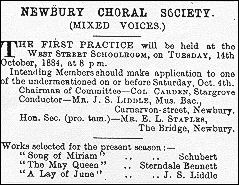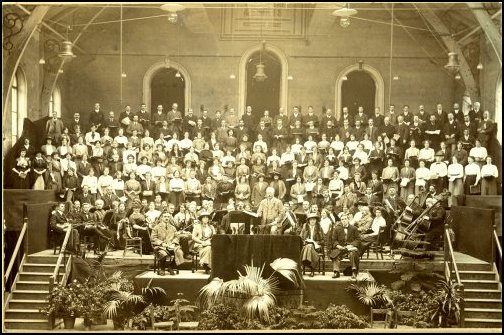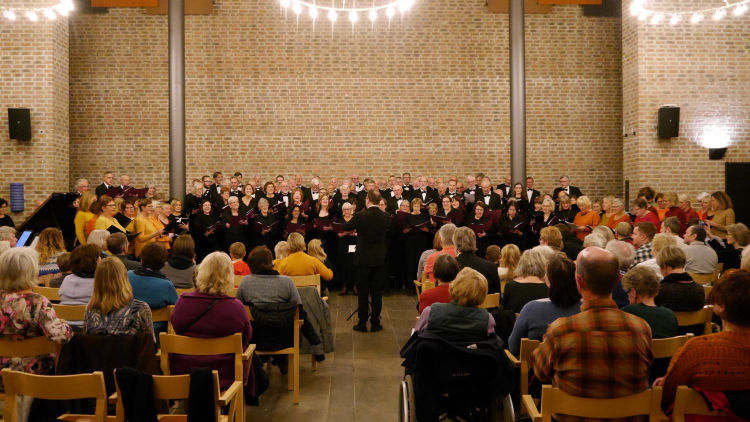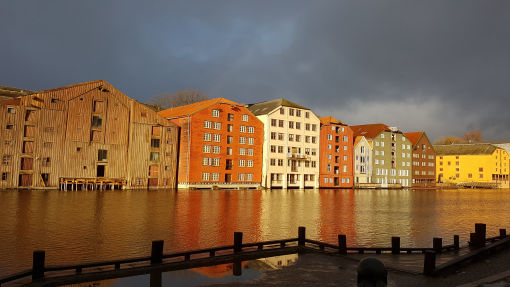Newbury Choral Society was established in 1884 after the previous Mens Voices Choral Society folded. There was clearly a strong need for a mixed choir and considerable talent in the local area and with the support of Mr J. S. Liddle the Choral Society as we know today was born. Rehearsals took place twice weekly with the first concert in January 1885. We don't know the exact date of the concert but over 100 performers took part in Newbury Town Hall. The concert was clearly a success and interestingly the reviewer mentioned the orchestra overpowered the choir at times, which is a theme that still occurs today.
We have the Newbury Weekly News concert review and to view it in full click here
NCS has performed concerts every year since 1885 to the present day apart from 1940 (WW2) and 2020 (Covid-19). To view our extensive archive click here









